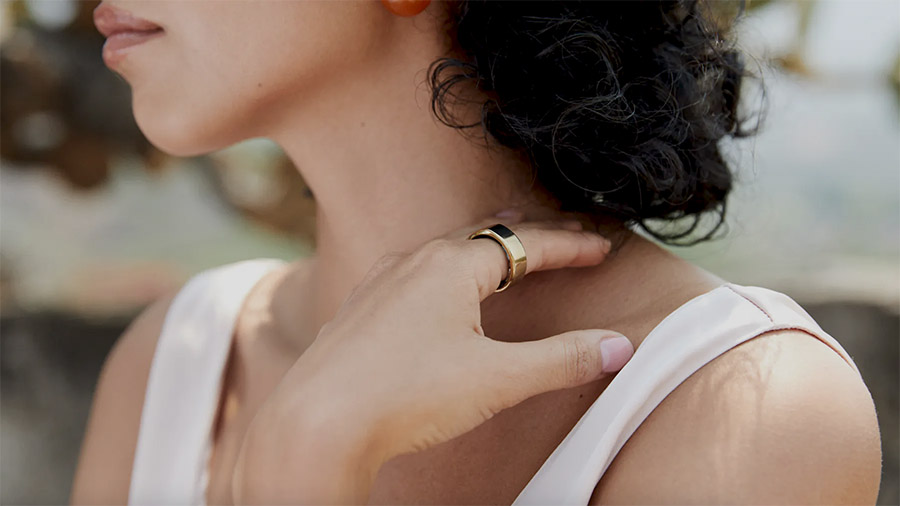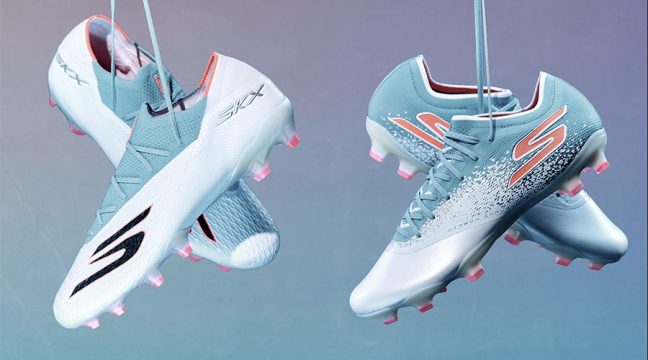ŌURA, maker of Oura Ring, launched an in-app platform, Oura Labs, bringing members into the R&D process. The membership experience allows for opting-in to test experimental features, provide feedback and contribute to discussions about Oura and the future of wearable technology.
Oura members can also participate in research studies conducted by the company’s Science, Product and Marketing teams and in studies conducted in collaboration with partner organizations and academic institutions.
“At Oura, our product roadmap is built on the valuable input and requests from our members, and we’re excited to integrate further with our community by offering a direct way to contribute to the research and development of new features,” said Holly Shelton, chief product officer at Oura. “Simultaneously, we’ll be leveraging the power of citizen science through recruitment opportunities for a variety of research studies powered by Oura to harness the full potential of wearable technology as a public health solution.”
The first feature available for testing in Oura Labs is Symptom Radar. The company reported that “when your body begins responding to fatigue, high activity levels or impending illness, the signals often appear in a body’s biometric data before a person recognizes physical changes in health. Symptom Radar allows members to pre-emptively detect changes in their wellness by monitoring certain biometrics, including temperature trends, respiratory rate, resting heart rate, and heart rate variability. If early deviations from their baseline are detected, members will be notified and can choose to activate Rest Mode or adjust their daily goals to minimize strain. Once Rest Mode is activated, Symptom Radar is deactivated to allow members to focus on rest and recovery.”
Symptom Radar comes on the heels of a new paper published by researchers at the University of California San Francisco and the University of California San Diego, which “evaluated whether consumer wearable devices can detect the onset of acute infectious diseases, particularly those characterized by fever.” The findings are the latest results “from the TemPredict study and show that participants’ Oura data aligned with their self-reported fevers, suggesting that consumer wearable devices hold the potential to detect if a person is becoming sick with an illness characterized by fever,” reported Oura.
At launch, members who opt into Oura Labs can test and learn about select experimental features in the company’s R&D phase while providing real-time feedback and questions for consideration. Features within Oura Labs are considered to be in the “discovery phase” and may end up being removed, reworked or promoted to a permanent spot in the app’s feature set based on considerations such as member engagement and feedback.
Beyond experimental features, Oura Labs will also include the latest published research made possible by the Oura Ring, as well as future opportunities for members to learn about, and take part in, upcoming studies run by internal teams, partner organizations and institutions, and members of Oura’s Medical Advisory Board. Spanning disciplines across sleep, reproductive health, metabolic health, fitness, stress, behavioral science, and others, members of the company’s Medical Advisory Board will lend their expertise, insights and research to enhance the Oura Labs offering.
“Scientific and technological rigor is at the core of both our product and our company, resulting in hundreds of granted patents, pending patent applications, and registered trademarks, and we have an amazing group of experts, both internal and external, who are using Oura Ring to impact health at a larger scale,” said Shyamal Patel, senior vice president and head of Science at Oura. “Through this new in-app experience, we are providing a way for members, researchers and the Oura team to work together towards trailblazing developments in wearable technology and public health more broadly.”
Image courtesy Oura










